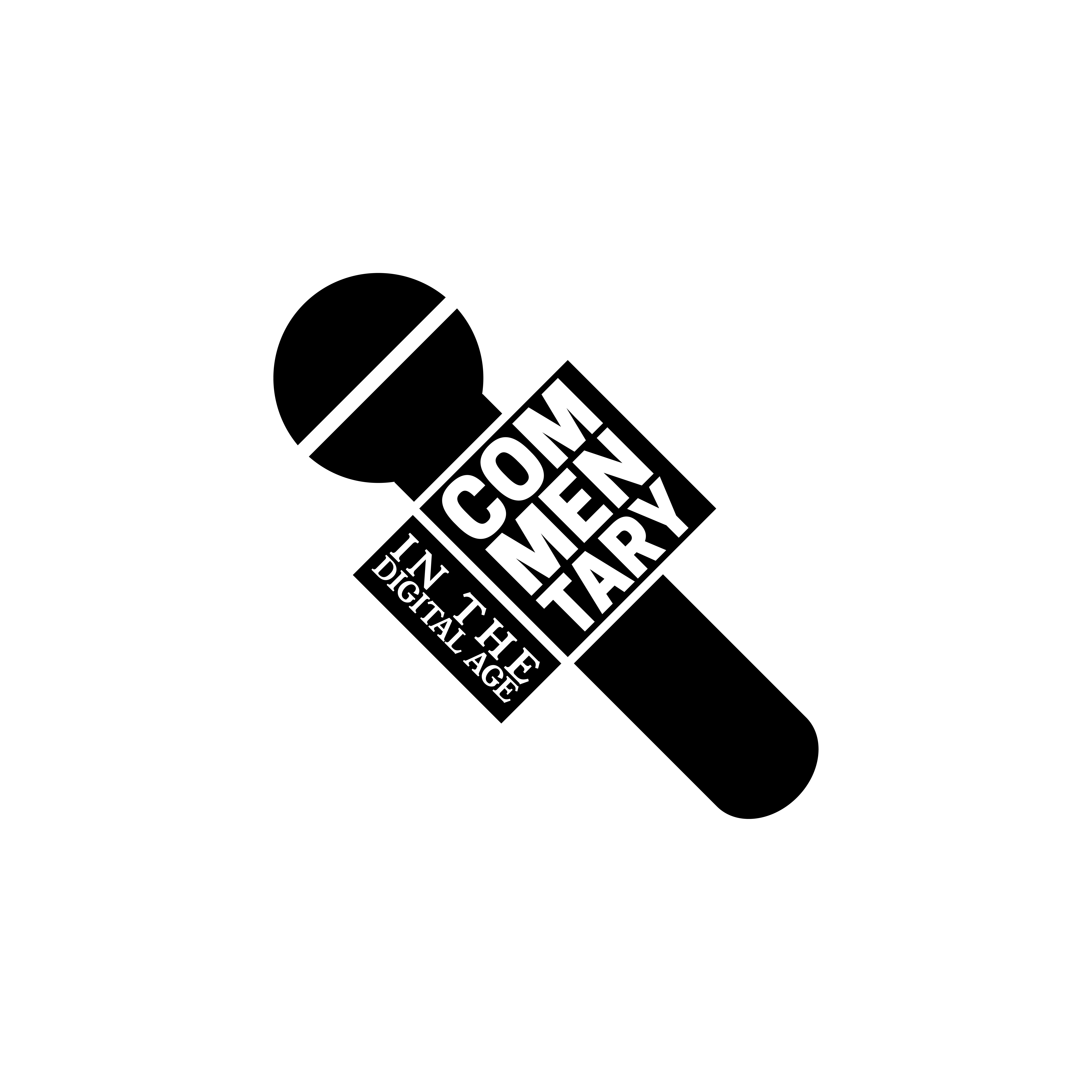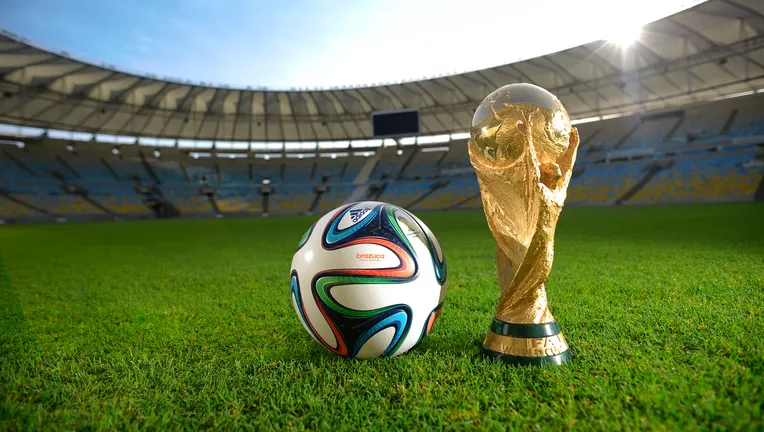Over the next few years, the United States will host two of the world’s most-watched sporting events: the 2026 FIFA World Cup and the 2028 Summer Olympics in Los Angeles. These global events typically symbolize unity, celebration, and the power of sport to transcend politics.
But with President Donald Trump’s second-term agenda marked by nationalism and confrontation, the U.S. faces growing scrutiny from abroad. What should be a time of international goodwill is instead unfolding against a backdrop of political turmoil, strained alliances, and uncertainty about whether America can still lead the global stage.
The 2026 FIFA Men’s World Cup will make history on multiple fronts. For the first time, the tournament will expand from 32 to 48 teams, and span three countries: the United States, Mexico, and Canada.
The vast majority of games will take place on American soil, including a critical stretch over the July Fourth weekend, a symbolic date as the nation celebrates its 250th anniversary.
Andrés Martinez, special adviser to the president of Arizona State University (ASU) and professor at the Walter Cronkite School of Journalism and Mass Communication, emphasized in a class lecture how important it would be for the U.S. team to advance to the Round of 16, setting the stage for an unforgettable national moment.
The Mexico national team will kick offthe action at the iconic Estadio Azteca in Mexico City, a decision that ASU History Professor Victoria Jackson thinks is the right call due to soccer’s history and success there.
When North America was awarded the tournament in 2018, it was primarily thanks to the strong alliance between the United States and its neighbors to the north and south. Today, however, that spirit of partnership is showing signs of strain.
In his first 100 days back in office, Trump has imposed tariffs on Canadian and Mexican goods and expanded immigration crackdowns along the southern border. Actions meant to project strength at home risk alienating the very nations with whom the U.S. is meant to co-host a celebration of international cooperation.
If tensions continue to escalate, the United States risks repeating this pattern a couple of summers down the road when the best track and field runners, swimmers and gymnasts in the world vie for gold in the greater LA region.
Some experts do not think Trump will stoop low enough to derail these two sporting spectacles. Jules Boykoff, author of six books on the Olympics and a professor of political science at Pacific University (Oregon), believes that Trump’s love of sports and major public events will see him use sports to his political benefit.
“I think one sort of mitigating factor that we haven’t talked about is that Trump has a real penchant for spectacle and sportswashing and that he fully intends to use these events to try to burnish his reputation and look legitimate on the world stage,” Boykoffsaid during a phone interview. “And so because he’s interested in using these events like the Olympics and World Cup to his advantage, he might try to make some exceptions to make it a little easier for people to pass through into the United States if they want to come spend their money and be fans at the World Cup.”
Yet, given the rapid changes that American society has seen under the current leadership, will foreigners, excluding the diehard fans who make it their goal to travel to every World Cup and/or Olympics, still have the desire and ability to come to the U.S. to watch these events?
Boykoff’s assessment of the present scenario paints a negative, but unsurprising answer to this question.
“You know, things like the men’s World Cup of soccer in 2026 and the Los Angeles Olympics of 2028 rely on big infusions of tourist dollars and you could already see today just in a couple of months of the Trump administration that tourism is way down…” Boykoffsaid.
There is still time for the U.S. to recover and prepare to welcome the world for the global spectacle of the World Cup and the enduring tradition of the Olympics. But if current trends continue, America’s neighbors may become more appealing destinations.
“I’ll be curious to see if there is a clear difference between the traveling fans going to those countries (Mexico and Canada) versus the big U.S. hosted games,” Jackson said in a phone interview.
But it’s not just fans that could push back. On the field, American and foreign players may once again use the global stage to speak out against injustice.
If recent history is any guide, the return of Trump-era policies could spark a new wave of protest by the very athletes meant to represent the U.S. on home soil. With the rise of social media and advancements in technology and education, athletes are more informed and have a broader platform than ever before.
Athlete activists have always had to balance risk with reward, as Jackie Robinson did when he broke baseball’s color barrier. 20 years later, Muhammad Ali had his heavyweight boxing title taken away for refusing to serve in Vietnam. Almost a decade ago, former NFL quarterback Colin Kaepernick’s kneeling during the national anthem to protest racial injustice effectively ended his professional football career.
Kaepernick’s experience made many athletes cautious about mixing politics with their careers. For athletes whose dream is to play in a World Cup or compete in an Olympics, both of which occur once every four years, consequences from a failed activism attempt can be a death blow to their chance at glory.
With the past two World Cups taking place in Russia and Qatar, FIFA’s moneymaker has emerged as a place for athlete and fan activism. For instance, in Qatar, fans protested against the country’s poor human rights record, particularly the country’s anti-LGBTQ laws and mistreatment of migrant workers who helped build the new soccer stadiums.
European teams like Germany, England and France sought to join in as well by having their captains wear rainbow-colored armbands to protest Qatar’s ban against same-sex relationships. FIFA threatened disciplinary action, causing the players to relent and not wear those armbands on the field.
Sports and politics have always been intertwined. Over the next few years, this relationship will be tested like never before. A perfect storm may be brewing for fans and athletes to voice disapproval with Trump or other issues with American society.
“Because of the fact that we’re living in an extended moment of what we might call an athlete empowerment era, and where athletes are more inclined to speak out about political and social issues, certainly the political conditions are ripe for seeing athlete activism or fan activism around the big events that are coming up,” Boykoffsaid.
Will athletes choose to risk their careers or moments on the world stage to express their views? With political turmoil — at home and abroad — advancing at a frenzied pace, only time will tell.
If the current tensions ease, the U.S. could still deliver a once-in-a-lifetime opportunity for fans around the world to experience a World Cup and Olympics on American soil within a few years. While the U.S. is nearly guaranteed to finish near the top of the medal count in 2028, perhaps the most unifying triumph would be a World Cup victory for the US men’s soccer team. Regardless, whether on the podium or in protest, what America shows the world in 2026 and 2028 may define more than just the winners.


